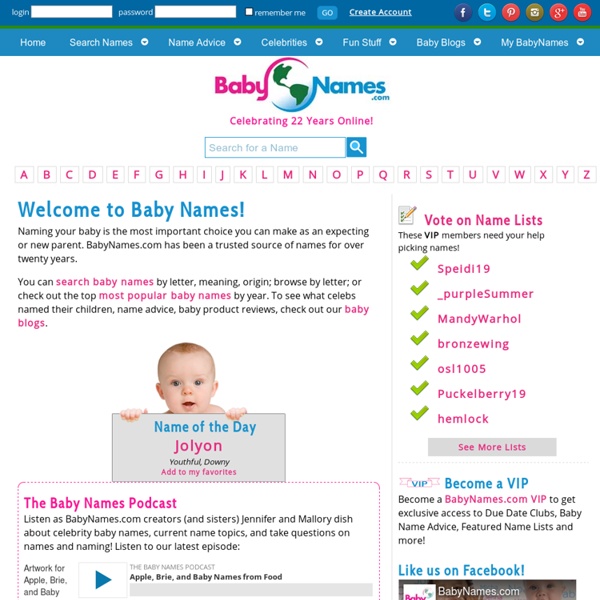



5 Questions to Ask Your Characters | Book-in-a-Week Many writing workshops start their sessions on character development with a sheet detailing the hero’s name, age, eye color and hair color. They then move onto his job, his hobbies, and his family background. Next they might add a picture from the Internet or a magazine which looks a little like the hero, and perhaps an image of his home or workplace. This is all useful information, and great for keeping track of details so you do not find them changing as you write. These questions can be answered in different ways. The best questions to ask about your characters are ones that will take you away from the predictable paths of family, schooling and employment, so that when you return to their everyday world, you find it enriched by the knowledge you have gained. What keeps your protagonist awake at night? If you find prompts like these helpful, Peter Elbow has a very extensive list in his guide Writing With Power . However, there is no need to turn to expensive writing guides.
Character and Characterisation in the Novel How to write convincing characters Characterisation - the task of building characters - isn't easy. But if you're struggling to build characters with real life and vigour, here is our very own patented technique. If you haven't yet started your book, then work on the exercise below before you start. If you have started, but think that maybe you started prematurely, then back up, do the exercise and then look back over your existing work. Oh, and don't feel patronised at being given exercises. Learning to know your characters Strong characterisation is based on knowledge. The Ultimate Character Builder Begin with a blank sheet (or screen). You should aim to cover at least five pages with this exercise. The less central a character is to your book, the less you need to know him/her. And the exercise will work. Checking your work Once you've got a fair way into your writing (say 5 to 10,000 words), then look back at it. Even genre fiction needs swiftly drawn, believable characters.